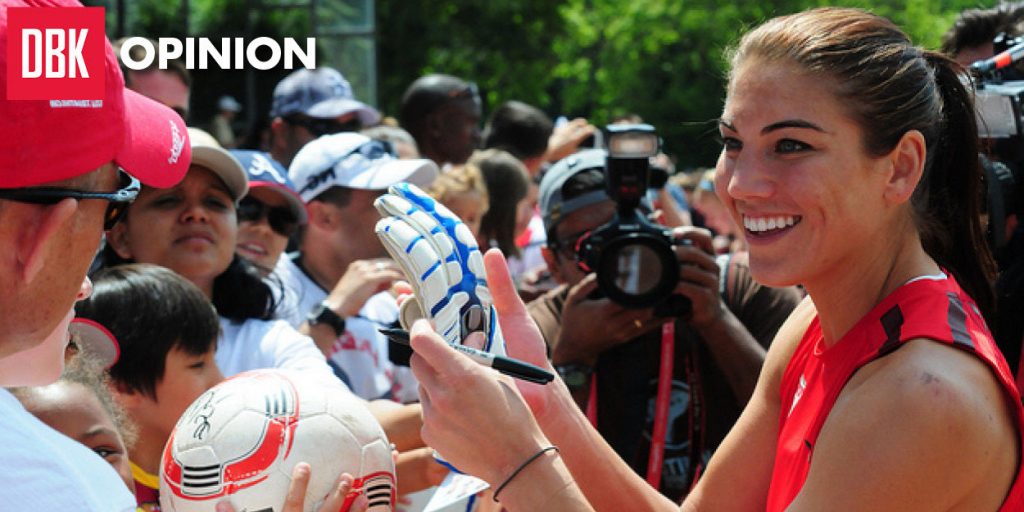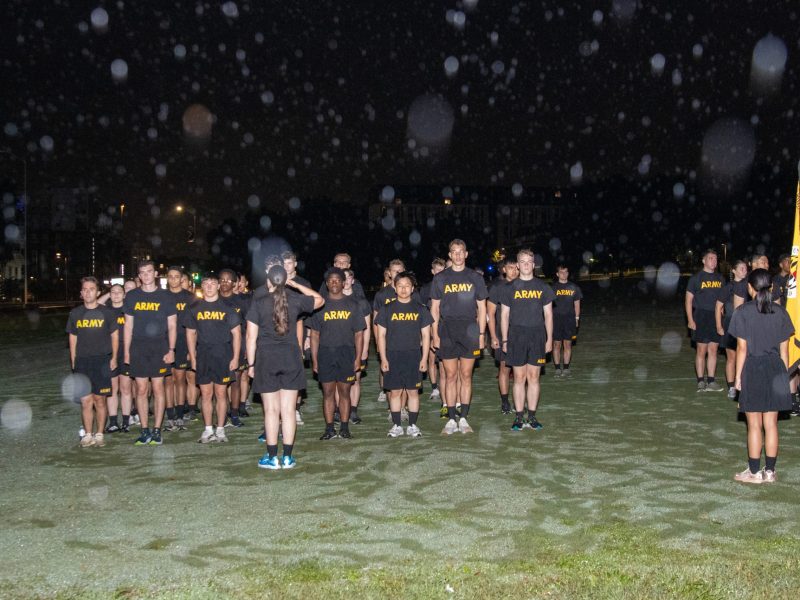Even in an age of hyper-connectivity, social media saturation and 24-hour news, rarely has one video sparked so much conversation. TMZ’s apparently edited clip capturing former Baltimore Ravens running back Ray Rice striking unconscious his then-fiancee Janay Palmer — now his wife — in a casino elevator has unleashed a torrent of criticism of the NFL’s handling of the Rice case and response to domestic violence in general.
Commentators, including sportscasters, political pundits and even President Obama, have shamed the NFL into revamping its domestic violence punishment protocols and aggressively policing abusers in the league. Unfortunately, the gendered flavor of the criticism has masked the scope of domestic violence in the U.S.
Obama probably exposed the problem most clearly with his suggestion that “hitting a woman is not something a real man does,” although the substance of his comments has been echoed by a string of sports media figures and athletes. Interpreting domestic violence as an act carried out by men against women might fit into a worldview in which weak, helpless women need protection from unhinged men, but it masks the complexity and breadth of the problem. Household assaults aren’t instances of masculinity gone awry. They arise from complexes of physical domination, psychological abuse and power.
Few people embody the combination of overwhelming physicality and dominating will more than Seattle Reign and U.S. women’s national team goalkeeper Hope Solo. Thus, it’s not unbelievable that Solo faces domestic violence charges stemming from an encounter over the summer that left her sister and 17-year-old nephew with visible injuries on their heads and faces.
Professional and international leagues provide physically superior specimens with the trappings of entitlement and a taste of power. Solo’s case makes it clear that the danger of failing to police and penalize these athletes for domestic violence is not exclusive to men.
The release of the video involving Rice led to his indefinite suspension from the league and dismissal from the Ravens, heightened scrutiny on other players and a complete overhaul of the way the NFL responds to domestic assault cases. In large part because her actions do not meet the public’s de facto definition of domestic violence — a man “putting his hands” on a woman — Solo has evaded press attention and league punishment, retaining her spot as captain and goalkeeper for the 2014 U.S. women’s national team. As with the NFL of the past, leaving Solo on the field to earn money and adoration sends a message to the rest of the league that top-level talent acts as a get-out-of-jail-free card.
Female athletes aren’t alone in escaping attention because of their invisibility. Data on the rates of same-sex partner abuse has only become widely available in recent years, and the figures are staggering: In a 2013 study released by the Centers for Disease Control and Prevention, 3 percent more lesbian than straight women were found to have been with a violent partner, and 19 percent more gay than straight men had experienced domestic violence.
By reducing the complexities and particularities of domestic violence to male attacks against women — and placing this violence outside of a refined ideal of masculinity — Obama and other commentators are masking a bigger issue. They’re also reinforcing a gender dichotomy that depicts women as weak, submissive and incapable of violence, and they heap shame on male victims.
Until we affirm every man and woman’s basic humanity — one that encompasses a right to personal safety as well as a potential to dominate and control — we cannot begin to address seriously the problem of domestic violence.
Charlie Bulman is a junior government and politics major. He can be reached at cbulmandbk@gmail.com.
Junior government and politics major




